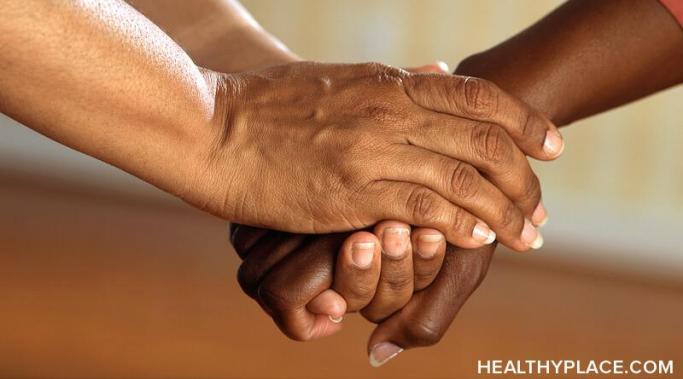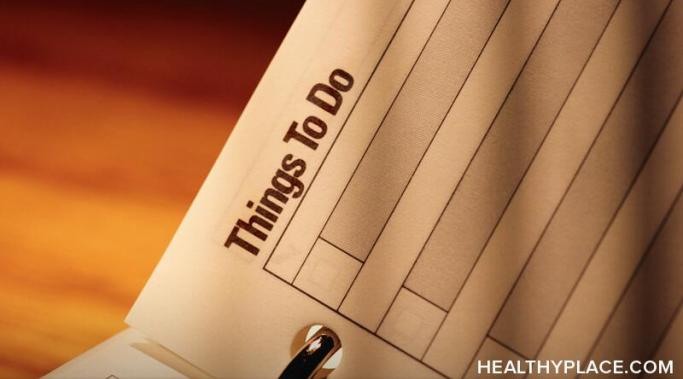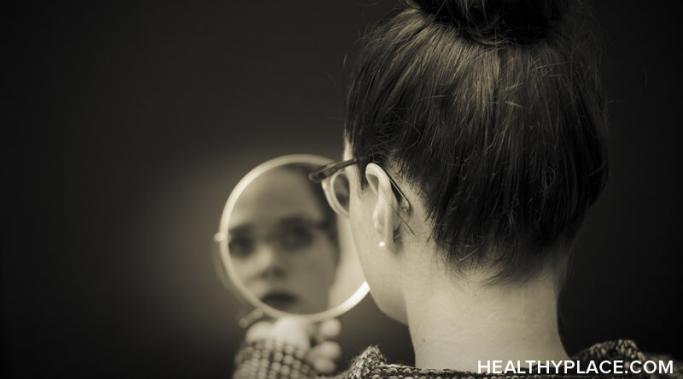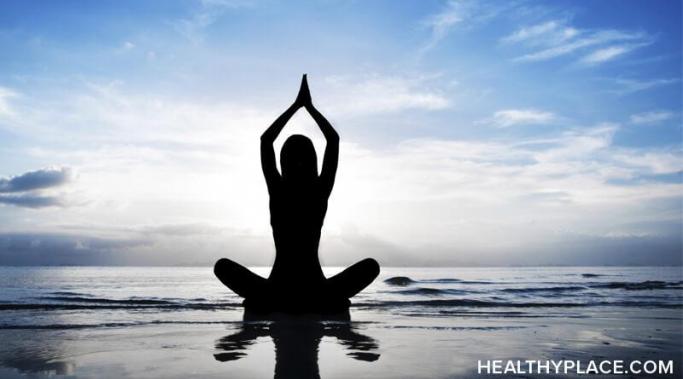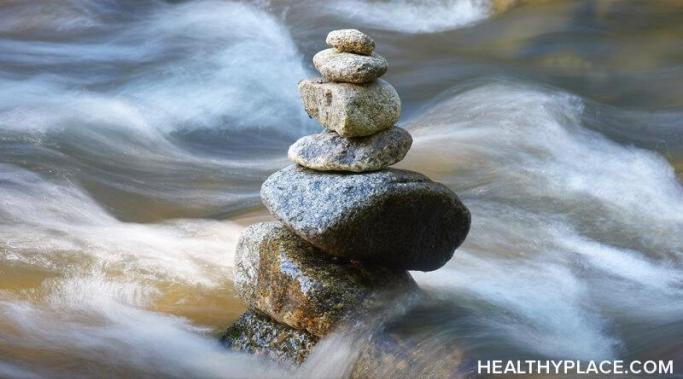Recently, I posed a challenge to myself to see if I could tolerate one day without a fitness tracker. This experiment should have been simple: Just set the device aside, then continue with all my normal activities for about 12 hours. The key phrase here is "should have been simple." But to be honest, it was so painfully difficult. Here's why I took on this endeavor—plus the humbling lessons I learned from one day without a fitness tracker.
Anxiety and Eating Disorders
I know it can be hard to believe sometimes, but needing help with eating disorder (ED) recovery is not a sign of weakness. It's one of the bravest actions you can take. Internalized fears or anxieties might whisper in your ear that asking for help means you are a failure, a burden, or a lost cause. But I hope you can trust me on this: Those inner voices aren't telling you the truth. It's okay to need help with ED recovery.
In my own experience, healing is intensive, painful, and humbling work. No one I've met (including myself) has been able to successfully pursue it alone. So, if you could use an extra boost of care, support, advice, or encouragement, don't allow fear to intimidate you from reaching out. I promise needing help with ED recovery is not a sign of weakness.
Confession: I don't want to make eating disorder (ED) recovery resolutions this year. In the past, I have dutifully written an exhaustive list of all the milestones I intend to reach in my healing journey, but as 2024 rounds the corner, this ritual suddenly feels more like pressure than motivation. I am a firm believer that recovery is not about ticking off certain boxes or following an arbitrary schedule. I set goals for myself, but I have learned to release expectations as to when I might achieve them. Maybe I'll form a healthier relationship with my own body as soon as tomorrow—or maybe it will take me a lifetime. Either way, I am done trying to force specific outcomes, so I don't want to make ED recovery resolutions this year.
As uncomfortable as this feels to admit, my version of self-love is conditional. Memes and mantras extolling the virtues of radical self-love are splashed across my Instagram feed, but I can't seem to take in the message. I have no idea how to accept and affirm myself, no matter the circumstances. I measure my value in terms of factors like outward appearance, work achievements, fitness performance, and societal contributions. I know it's not right, but my version of self-love is purely conditional. Maybe I should get to the root of this issue in 2024.
I realize now that I need to accept a lack of control in my eating disorder recovery. My battle with anorexia was never just about caloric restriction or exercise compulsion. Those behaviors were surface-level indicators of a more complex issue underneath. The main fear that drove my illness had nothing to do with food itself—on the contrary, I longed for nourishment and sustenance. My source of terror was a loss of control.
I recently learned the value of practicing stillness. I spent the last two weeks overseas in Nepal, immersing myself in a culture and climate so marvelously different from my own. I embarked on this journey expecting to learn about another unique way of life—and I most certainly have. But in the process, I also encountered lessons that challenged my current relationship with body image, mental health, and personal growth as a whole. To be more specific, my time in Nepal has shown me the value of practicing stillness in eating disorder recovery.
Here's an inside look at the first line of my latest journal entry: "I am an eating disorder survivor. I am not an eating disorder savior." In other words, I have no power to rescue anyone else from a harmful relationship with food, exercise, or body image. No matter how desperately I want to be of help and service, I cannot force another person to embrace their healing journey. I can cheer them on toward recovery, but I will never be able to control their actions or decisions. Nor should I even attempt to hijack that responsibility in the first place. It doesn't belong to me. But if I already know that I am not an eating disorder savior, why do I still need a reminder? The short answer is that I always think I can manage this self-proclaimed role—until I can't.
A common symptom of anorexia is associating specific foods with shame, fear, or distress. In spite of all the progress I've made to heal from my eating disorder, this restrictive outlook on food still remains one of the toughest myths to dispel. But with some encouragement from my personal trainer, I have recently started taking certain foods out of the shame category. Here's what I am discovering in the process.
I recently came across an article online that made a point that thinking about food in terms of body fuel can be harmful to those in eating disorder recovery. I agree with this premise to a certain extent. As someone who has dealt with anorexia for over 15 years, I understand how viewing food only as a basic, utilitarian mechanism to keep internal organs operational can reinforce the binary mindset an eating disorder often thrives on. A balanced, healthy relationship with food encourages pleasure and satisfaction as well. But I do not believe it's helpful to reject "food is fuel" as a concept altogether. Personally, I love the reminder that food is fuel — here's why.
"Trust the process" has been my eating disorder (ED) recovery mantra for almost 15 years. The clinicians who ran my residential treatment program used to chant this phrase ad nauseam. Back then, it was a constant source of irritation. But now, I find myself returning to those three words more often than I ever bargained for. In fact, this recovery mantra feels just as relevant in my current season of life as it was at the starting line of ED recovery.
